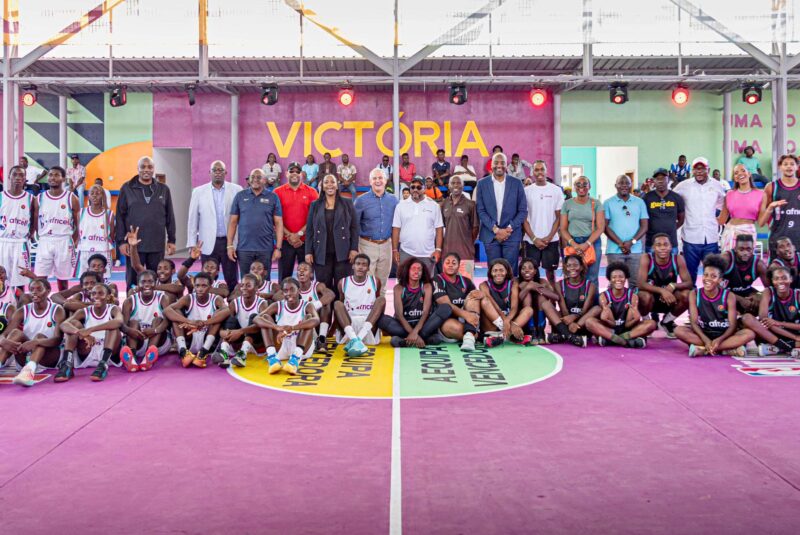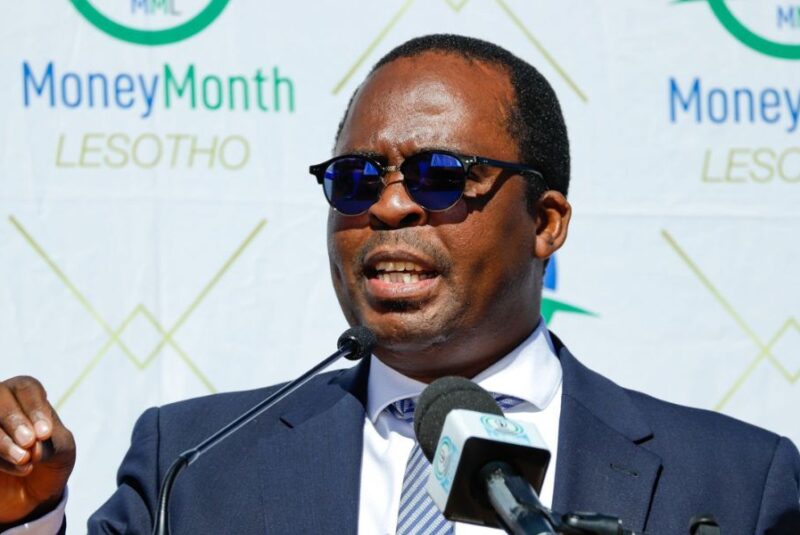Danfoss, a multi-national Danish engineering company, is celebrating its 30th anniversary in South Africa, marking three decades of growth and expansion in the region. Founded in 1933 by Danish engineer Mads Clausen, Danfoss has evolved into a global enterprise employing over 42,000 individuals worldwide. The company has recently focused on integrating its local presence in South Africa, following several strategic acquisitions, with the aim of leveraging its operations in the country to drive further expansion throughout Africa.
Danfoss offers a wide range of energy solutions and expertise, with a strong commitment to energy efficiency and decarbonisation. The company’s portfolio includes solutions for reducing power
consumption, minimising food loss and waste, improving cooling and heating systems, optimising wastewater treatment, and enhancing mining productivity. The company has embraced an “energy efficiency first” principle and is actively working towards achieving carbon neutrality in its global operations by 2030. In South Africa, Danfoss aims to be the preferred partner for decarbonisation initiatives.
To mark 30 years of pioneering sustainable growth together, and looking forward to going from strength to strength, both locally and on the continent, we crowned this anniversary with a local celebration for our partners, customers and colleagues, in which Danfoss honoured local traditions within the ongoing priority of ‘engineering South Africa’s tomorrow.
Emil Berning, Country Manager, Sub-Saharan Africa
This mission aligns with the company’s core values of increasing machine productivity, reducing emissions, lowering energy consumption, and promoting electrification. The celebration of this milestone reaffirmed Danfoss’s commitment to continued growth and innovation in South Africa and across the continent.
Danfoss solutions find applications in various industries, including refrigeration, air conditioning, heating, power conversion, motor control, industrial machinery, automotive, marine, and off- and on-highway equipment. The company also provides solutions for renewable energy sources like solar and wind power, as well as district-energy infrastructure for cities.
Ziad Al Bawaliz, the Regional President for Turkey, Middle East and Africa, highlighted the importance of engineering in driving society forward and addressing key global challenges such as urbanisation, climate change, food and water supply, digitaliation and electrification.
With South Africa as a strategic hub, Danfoss looks to expand its operations throughout Africa and continue its commitment to engineering a greener tomorrow.
Our solutions are used in such areas as refrigeration, air conditioning, heating, power conversion, motor control, industrial machinery, automotive, marine, and off- and on-highway equipment. We also provide solutions for renewable energy, such as solar and wind power, as well as district-energy infrastructure for cities.
Emil Berning, Country Manager, Sub-Saharan Africa
Engineering solves challenges and drives society forward, paving the way to a sustainable tomorrow. Some of the megatrends that Danfoss is paying particular attention to include urbanisation, climate change, food and water supply, digitalisation, and electrification.
Ziad Al Bawaliz, Regional President – Turkey, Middle East and Africa (TMA), Danfoss
Mining is a big focus industry for Danfoss, and Danfoss AC drives are designed specifically for the needs of mining and mineral processing plants. They are made to cope with extreme conditions and heavy loading, and to control equipment installed a significant distance away. In addition to Danfoss drives, our climate solution initiatives also play a very significant role within a mining operation’s critical cooling requirements.
Emil Berning, Country Manager, Sub-Saharan Africa
Power is, of course, a critical requirement for mining operations and Danfoss drives optimise energy efficiencies. As a local example, the installation of Danfoss solutions at Kolomela iron ore mine in the Northern Cape province has allowed for a significant saving of electrical power through the use of VLT drives with back channel cooling. In turn, the significantly smaller heat load has enabled the installation of an air conditioning system with lower power consumption and heating costs.
Ziad Al Bawaliz, Regional President – Turkey, Middle East and Africa (TMA), Danfoss
Every year, $940 billion is lost and 4.4 billion tons of greenhouse gases are emitted in the production of food that will never be eaten. If we make more efficient use of the food we already produce, it will be possible to distribute fresh produce to a larger number of people without placing an additional burden on the environment.
Emil Berning, Country Manager, Sub-Saharan Africa
Danfoss offers food and beverage solutions that can keep the world’s food fresh and help avoid waste – from farm to fork. More than 60 percent of agricultural products in Africa are lost to food waste. Available cold chain technology can reduce food loss by up to 40 percent, as packing, storing and transporting perishables at the right temperature extends their lifetime and ensures that resources are no longer wasted in the food supply before they reach our supermarkets.
Ziad Al Bawaliz, Regional President – Turkey, Middle East and Africa (TMA), Danfoss
There are opportunities today for rapid energy efficiency gains in all sectors of the global economy, most of which involve readily-available technologies. In addition, these solutions offer a fast return on investment based on lower running costs, particularly in light of today’s rising energy prices.
Emil Berning, Country Manager, Sub-Saharan Africa
A strong focus on waste heat recovery, for instance, is playing a vital role in energy efficiency and energy saving, and is something that can be embraced by organisations across Africa also. While there may not be the same access to the type of district heating infrastructure more common in parts of Europe, there is still an argument to be made for heat recovery locally.
Ziad Al Bawaliz, Regional President – Turkey, Middle East and Africa (TMA), Danfoss
He notes that heat could also be sold on, and it doesn’t have to be on the same scale as a district heating system. “For example, a local supermarket could use heat extracted for other nearby shops, perhaps in a strip mall, or for neighbouring residences. In fact, a small retail store could generate enough heat to be used by more than 14 nearby houses – which is in fact a real-life example within Denmark that Danfoss has facilitated.”
Any organisation with its own data centre would also have opportunity to recover heat generated. Not only do the racks and rows of servers within a data centre produce heat but, again, the cooling equipment needed for these machines can also generate significant heat. Globally, we have serious climate targets to meet, in line with the Paris Agreement’s goals to avoid dangerous climate change and limit global warming. Heat recovery will most definitely be part of the solution, allowing organisations to work in a smarter, more cost-effective way.
Emil Berning, Country Manager, Sub-Saharan Africa











